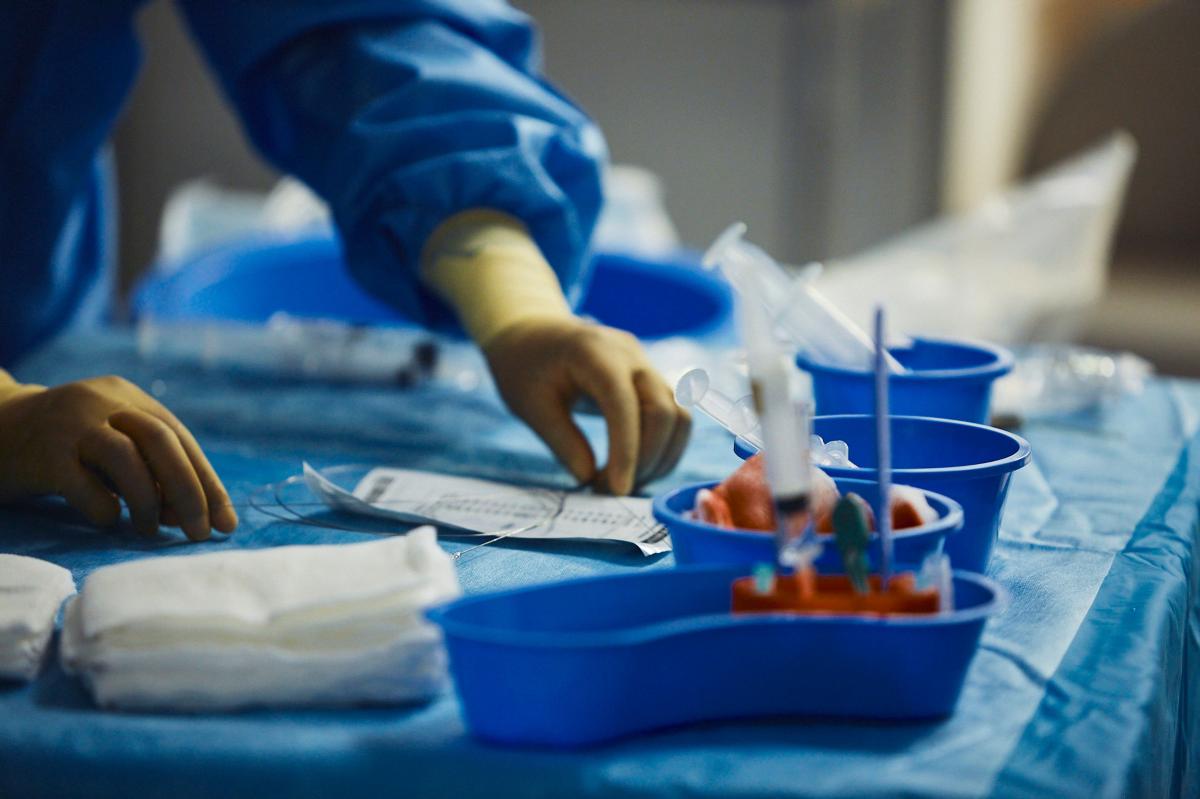Barts Heart Centre donates cardiac equipment to developing countries

Barts Heart Centre has donated unused cardiology stock for patients needing urgent treatment in Ghana.
Four boxes of pacemakers, Implantable cardioverter-defibrillator, leads, wires and coronary stents were transported through Pace 4 life; a charity that donates cardiac equipment to hospitals in developing countries where health care providers usually cannot afford the required technology.
The spare equipment, which was accumulated over the pandemic due to cancellations and would otherwise have been thrown away, was donated to help minimise our environmental impact as part of our Barts Health Green plan.
Jessica Platten, senior cardiac physiologist at St Bartholomew’s Hospital, said: "As a trust we are always trying to find ways to be more sustainable. I am so relieved that we have found good use for these life-changing medical devices.
“We have received updates from Pace 4 life that some of the donations have been sent to a teaching hospital in Ghana, and it is really wonderful to see the patients doing well after receiving their free implanted cardiac devices. We look forward to continuing our partnership with the charity.”
Barts Heart centre were unable to use the donated stock with our patients as it was beyond the expiry date, and UK legislations have strict policies against this. Despite this, extensive research shows that the risk of the equipment failing after their use by date is very low. Whilst battery longevity cannot be guaranteed after the expiry date, it would require a significant amount of time after this date for there to be any noticeable difference, since the devices are not in use.
“By donating this equipment, we are not only making good use out of stock that would have been thrown away, but we are also making this technology and care available to many patients who ordinarily would not be able to afford this procedure.
"The range of items donated allow a variety of cardiac procedures to be performed, from coronary angioplasty in patients having a heart attack, to implanting a defibrillator in patients at risk of sudden cardiac arrest,” Jessica added.
A new pacemaker lasts an average of 10 years and often costs more than the annual income of the average worker in developing countries.
St Bartholomew’s cardiology team have also led educational sessions with hospitals in Nigeria as well as Ghana and hope to have more involvement in training and educating in these countries, through a continued partnership with Pace 4 life. Future goals are to create a higher standard of care in developing countries.
To further improve our sustainability, St Bartholomew’s Hospital is working in partnership with Vanguard, a medical remanufacturing company to recycle electrophysiology catheters, which contain special metals, after use. The average procedure will use between three and four catheters, which would usually be thrown away. Now, these catheters are collected, cleaned and checked by the company to either be rebought by the trust at a lower cost or sold to health organisations across Europe, generating a small income for the Trust. Not only does this save thousands of pounds annually, but it also helps reduce and recycle existing stock, creating less environmental impact.
